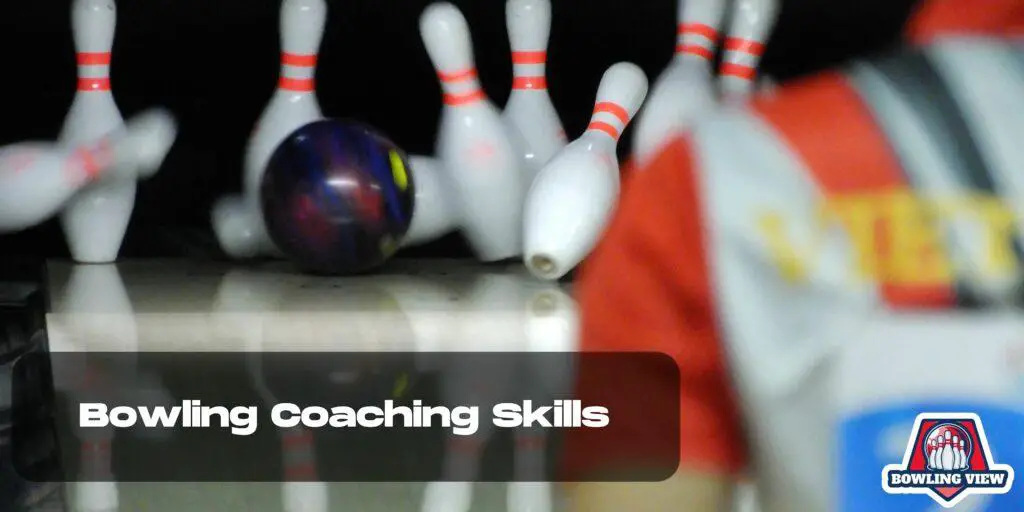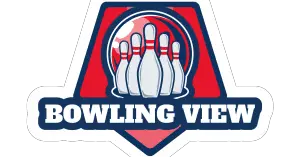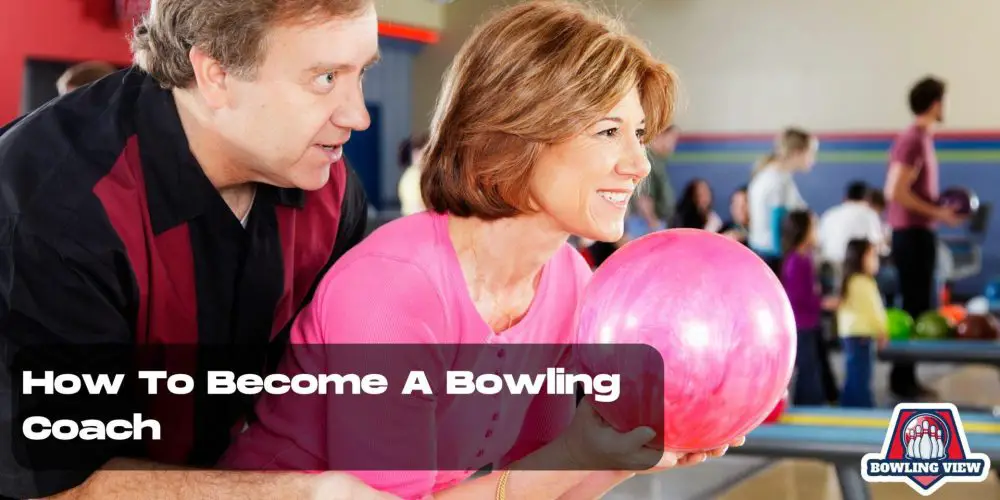Bowling is a beloved sport enjoyed by millions worldwide, with many enthusiasts interested in advancing their skills within the game. For those passionate about the sport and wanting to share their expertise, becoming a bowling coach can be an incredibly gratifying experience. This article will explore the steps and qualifications needed to embark on a successful journey as a professional bowling coach.
To begin the process, it’s essential to acquire a strong foundation in the sport. This means honing your own skills by playing regularly, familiarizing yourself with the ins and outs of the game, and staying up-to-date with the latest techniques.
Having a deep understanding of bowling mechanics, such as ball dynamics and lane conditions, is crucial for aspiring coaches, as it will enable them to provide constructive feedback and develop tailored coaching strategies.
Once a solid groundwork in bowling knowledge has been established, aspiring coaches should seek out certification and training programs endorsed by recognized organizations.
These certification programs typically provide comprehensive courses in coaching theory, physical training, and tactics, all designed to prepare certification program participants for careers as successful bowling coaches.
Types of Bowling Coaches
Professional Coaches
Professional bowling coaches are highly experienced and skilled individuals who have dedicated their lives to the sport.
They often have years of coaching experience, formal education in coaching theories, and a deep understanding of advanced bowling techniques.
Professional coaches not only help bowlers improve their skills but also work closely with top-level athletes and teams to develop comprehensive training programs focused on achieving success. Some professional coaches hold certifications from bowling organizations, which demonstrate their expertise in specific areas of the sport.
Amateur Coaches
Amateur coaches are often passionate bowlers who possess a solid foundation in the fundamentals of bowling and enjoy sharing their knowledge with others.
These coaches may not have the same level of experience, coaching certificate, or credentials as professional coaches, but they can still be effective in helping bowlers develop their skills.
Amateur coaches typically work with the intermediate level training beginner and intermediate level bowlers, providing guidance on basic techniques, form, and the mental aspects of the game.
Both professional and amateur coaches work tirelessly to help bowlers improve their skills and achieve their goals. The type advanced level of coach one chooses to work with depends on their individual needs and aspirations in the sport of bowling.

Understanding Skill Levels
A crucial aspect of being a bowling coach is understanding the skill levels of your students.
This includes recognizing their strengths and weaknesses, as well as being sensitive to their unique learning preferences. To effectively teach the fundamentals to your students, you must:
- Assess their current abilities
- Provide feedback and tailored instruction
- Set realistic goals for improvement
It’s also essential to continuously monitor their progress and adjust your coaching approach as needed.
Physical Game Techniques
Another significant factor in bowling coaching is mastering the physical game techniques. This involves teaching your students the correct approach, footwork, arm swing, and release. As you become a bowling coach, you should be familiar with:
- Basic and advanced footwork patterns
- Proper arm swing mechanics
- Different release techniques (e.g., fingertip, conventional, two-handed)
To instruct your students, you may use demonstrations, drills, and video analysis to break down and refine their techniques.
Ball Motion Knowledge
Developing a strong understanding of bowling ball motion is also crucial when coaching bowlers. This includes choosing the right equipment and knowing how different bowling balls react on varying lane conditions. A coach should have:
- Familiarity with different types of bowling balls (e.g., reactive resin, urethane, plastic)
- Insights on how ball characteristics (e.g., coverstock, core, surface) affect ball motion
- Knowledge of common lane patterns (e.g., house shots, sport shots)
By understanding ball motion, you can identify your student’s equipment needs, help them make better-informed decisions in competition, and develop strategies for success on various lane conditions.
Coaching Methods and Techniques
Instructional Methods
There are various instructional methods a bowling coach can use to increase coaching skills and help their students improve their skills and performance:
- Demonstration: The coach can demonstrate proper bowling techniques, such as stance, grip, swing, and release. This provides a visual example for the student to follow.
- Explanation: A clear and concise explanation of techniques and concepts is essential for students to understand the mechanics of the game.
- Guided Practice: The coach can work with students individually or in small groups to provide personalized guidance and feedback on their performance.
Drills and Exercises
Incorporating specific drills and exercises into coaching sessions can help students develop their strengths and address any weaknesses in their game. Some popular drills and exercises for bowling include:
- Target Practice: Set up specific pins or use lane markings to encourage students to practice hitting particular targets. This drill can help with accuracy and consistency.
- Single Pin Spare Practice
- Corner Pin Practice
- Targeting the Pocket
- Balance Drills: Focusing on balance in the approach and release phases is crucial for maintaining control and consistency. Drills to improve balance include:
- One-Step Drill
- No-Step Drill
- Swing and Slide Drill
- Timing Drills: Proper timing is essential for optimal power and accuracy in bowling. Some drills to help students improve their timing are:
- Rhythm Drill
- Foul Line Drill
- Release Timing Exercise
By incorporating these coaching methods and techniques to conduct lessons, a successful bowling coach will be able to give best opportunities to help their students progress and get important skills to enhance their performance on the lanes.
Another interesting read> What Is A Rerack In Bowling?.
Certifications and Associations
National Level Certifications
Becoming a certified bowling coach can help you build your own program, credentials and reputation. There are different national level and program certifications available, depending on your own program and country of residence. The United States Bowling Congress (USBC) certification program offers coaching program certifications for varying levels of expertise:
- Level 1: For new coaches
- Bronze: For intermediate coaches
- Silver: Advanced coaching levels
- Gold: The highest level, awarded only to a select few
To obtain these certifications, individuals must complete specific training programs and pass evaluations.
Local Associations
Joining local bowling associations and clubs not only provides networking opportunities but also helps in coaching certification and development and staying updated with the latest coaching techniques and trends. Many associations offer resources for coaching certification and development and mentoring support to enhance your coaching skills.
For example, in the United States, you can join [copyright] the USBC local association in your area. It is registered volunteer program that will provide you access to coaching clinics and seminars, as well as the opportunity to collaborate with fellow coaches.
By pursuing national level certifications and building connections through local associations, you can achieve your goal of becoming a successful bowling coach.
Conclusion
In closing, becoming a successful bowling coach requires dedication, knowledge and effective communication skills. By pursuing the proper certifications, constantly refining their own knowledge of the sport, and effectively connecting with their students, a bowling coach can achieve positive results in their own team coaching career.
It is essential for aspiring coaches to familiarize themselves with different coaching styles and methods, as well as keeping up-to-date with industry advancements. Building strong coaching career and a solid foundation will for many coaches enable them to help their athletes reach their full potential.
Lastly, it’s important to remember that a successful bowling coach will always prioritize the well-being and development of their students, both on and off the lanes. This means fostering a positive, respectful, fun and open environment, where students can grow and thrive in their pursuit of bowling excellence.


